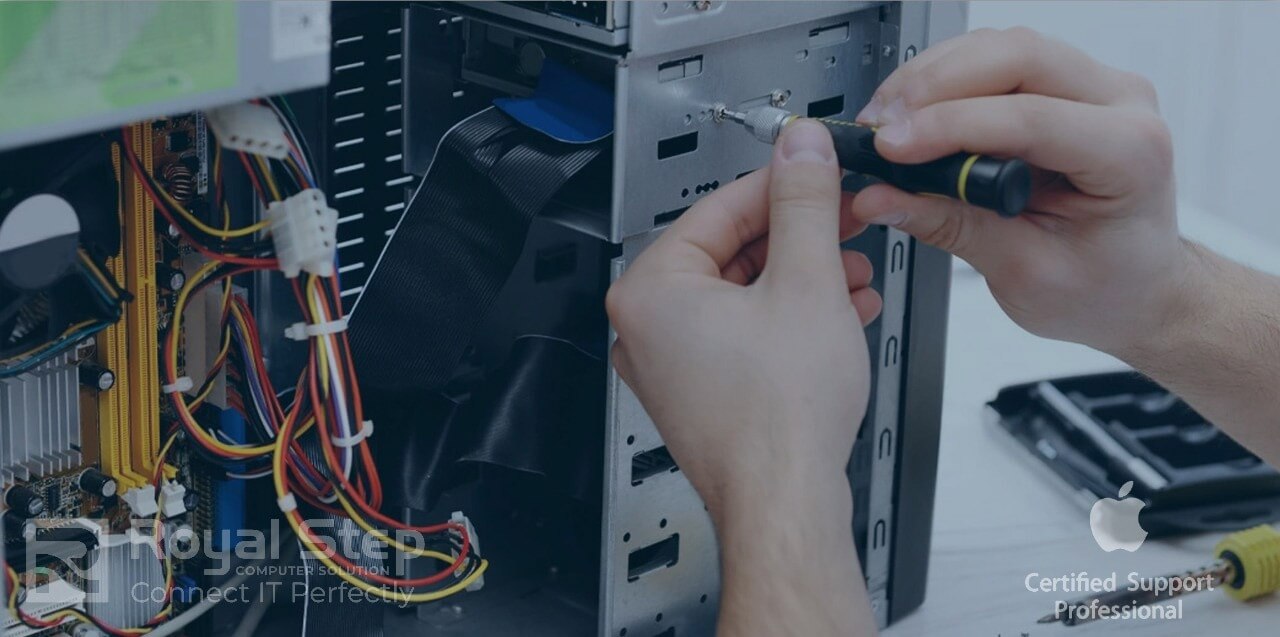It’s challenging and painful to lose a loved one. When someone dear to you passes away without leaving a will, this is referred to as an intestate estate, which can make the agony of their loss even worse. In San Antonio, Texas, intestate estate administration necessitates navigating the probate court system, which can be scary to individuals not familiar with the procedure. Let’s discuss some general ideas of what to anticipate when dealing with an intestate estate in San Antonio‘s probate court.
Intestate Estates: An Overview
The legal procedure of administering and distributing a decedent’s estate by the law is known as probate. The probate court will identify the legitimate heirs and supervise the distribution of property in the absence of a valid will. Beneficiaries’ and creditors’ rights are protected, and a just distribution of assets is made possible by the probate procedure.
Probate procedure start-up
Starting with the filing of a petition with the probate court, the probate procedure in San Antonio begins. Any interested parties, such as a surviving spouse, child, or creditor, may submit a petition to begin the probate proceeding. To oversee the estate’s business and assist it with the probate procedure, the court will appoint an executor or administrator.
Assessment of Assets’ Inventory
The executor or administrator will be in charge of locating, cataloguing, and valuing each asset the decedent had once the probate procedure gets underway. This can include personal things, precious assets, real estate, bank accounts, and other assets. It may be necessary to hire a professional appraiser to determine the worth of particular assets, especially those with significant monetary value.
Settlement of Debt and Notification of Creditors
The executor or administrator is responsible for informing creditors of the opening of the estate and giving them a chance to submit claims for any unpaid obligations owing to them by the decedent. Additionally, they must pay off any valid estate debts and expenses, such as unpaid taxes, bills, and administrative costs.
Court Proceedings For Probate
There will be court hearings and proceedings throughout the probate process to assess the estate’s administration and address any problems that may come up. The executor or administrator must act appropriately, and the court will ensure that the interests of the dependents are secure. The court will decide any disagreements or contested issues based on the facts provided.
Asset Distribution
The remaining assets will be divided among the heirs by Texas intestacy laws once all obligations and expenses have been paid. Priority will be given to surviving wives, children, parents, and other family members, and the distribution will be done in a particular order.
Probate Period
Depending on the intricacy of the estate and any potential difficulties, the probate process might take a variety of times. Simple cases with few assets and no conflicts may be settled in a few months, whereas more intricate estates may take a year or longer to settle.
Consultation with a Lawyer
The probate process in San Antonio can be complicated and time-consuming when dealing with an intestate estate. It is highly advised that you employ the aid of an eligible probate attorney to guarantee a smooth process. A competent attorney may make sure that all legal requirements are met, assist in preventing potential conflicts, and hasten the distribution of assets to the proper heirs.
Conclusion
It can be stressful to deal with the probate court in San Antonio when dealing with an intestate estate, but being aware of the fundamental steps might make things easier. To make sure that everything is handled correctly and to safeguard the interests of the beneficiaries, you must seek legal advice from an experienced San Antonio Intestate Estates. While going through probate may be difficult, it can ultimately provide you closure and ensure that your loved one’s assets are distributed legally and according to their wishes.















